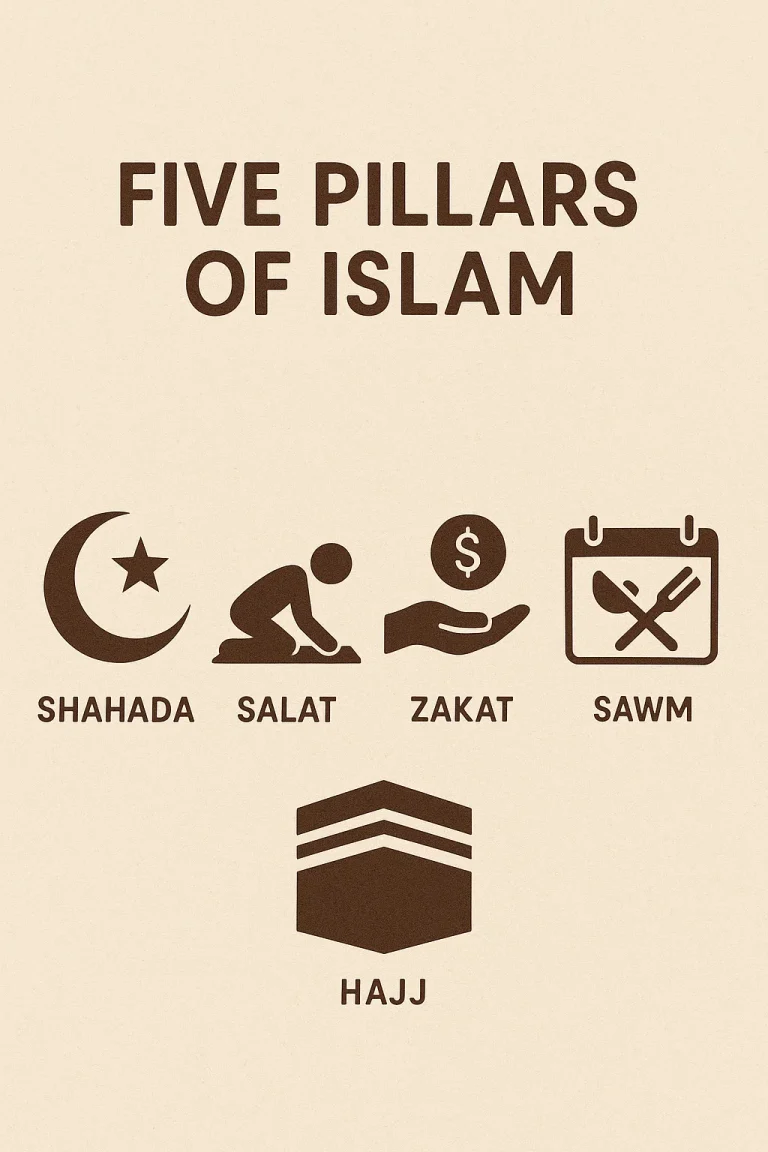Sufism in Pakistan – A Living Spiritual Tradition
Introduction
Sufism in Pakistan is a living spiritual path that deeply shapes faith, culture, and community life. It is more than a set of religious rituals; it is a way of life that blends devotion with love, music, poetry, and service to humanity. For centuries, Sufi saints and their followers have worked to bring people closer to God by teaching compassion, tolerance, and unity.
Across Pakistan, millions of people take part in Sufi traditions every day. They visit shrines to pray and seek blessings, listen to soul-stirring qawwali performances, and celebrate urs festivals that honor great saints. These gatherings are not only spiritual but also social, where families, travelers, and local communities come together. Followers often look to spiritual teachers, known as pirs, for guidance in both religious practice and everyday challenges.
Short Overview of Sufism
Sufism is about seeking closeness to God through love, prayer, and service to others.
It teaches that the inner heart is more important than the outer form of worship.
Sufi Traditions in Pakistan
- Poetry and storytelling
- Devotional music (qawwali)
- Urs festivals and celebrations
- Spiritual gatherings with pirs
Major Sufi Orders in Pakistan
Sufism in Pakistan is practiced through many different Sufi orders (tariqas).
Popular Sufi Orders
- Chishti Order – Known for love, tolerance, and qawwali
- Naqshbandi Order – Focuses on silent meditation and discipline
- Qadiri Order – Emphasizes remembrance of God (zikr) through chanting
- Suhrawardi Order – Balances spiritual and social life
Why Sufism is Important in Pakistan
Sufi shrines are not only places of prayer but also cultural hubs.
Facts and Figures About Sufism in Pakistan
Sufism in Pakistan is not only spiritual but also deeply visible in numbers that show its impact on society and culture. Millions of people take part in Sufi practices every year, and some shrines have become among the most visited places in South Asia. These figures highlight the living tradition of Sufism:
- Data Darbar in Lahore is one of the largest Sufi shrines in South Asia. It welcomes around 30,000 to 60,000 visitors daily, and during the annual urs festival, the number can rise to nearly one million people in a single gathering. This makes it a powerful spiritual and cultural center.
- Lal Shahbaz Qalandar shrine in Sehwan is famous for its dhamaal and vibrant festivals. During urs, the shrine attracts hundreds of thousands of pilgrims and tourists, who come for days of prayer, music, and celebrations that turn the whole town into a spiritual hub.
- Baba Farid shrine in Pakpattan is another key site of devotion. Thousands of people visit the shrine every month to connect with the teachings of this early Sufi saint. The shrine is also known for its poetry that still inspires people today.
- Nusrat Fateh Ali Khan, the legendary qawwali singer, recorded more than 125 albums and performed in countries across the globe. His music played a vital role in introducing Sufi traditions and qawwali to international audiences, making him one of the most recognized voices of Pakistan worldwide.
- Beyond individual shrines and singers, studies show that over 70 percent of Pakistan’s population has some connection to Sufi practices, whether by visiting shrines, attending festivals, or listening to qawwali.
- During large Sufi festivals, local economies also thrive. Pilgrims spend on food, accommodation, and travel. For example, the urs of Lal Shahbaz Qalandar can bring in millions of rupees to the local economy, supporting small vendors and artisans.
Everyday Sufi Practices
- Visiting shrines for blessings
- Listening to qawwali at homes and events
- Joining urs gatherings with family
- Following a pir for guidance
- Giving charity as devotion
Sufi Poetry and Music in Pakistan
Famous Sufi Poets
- Bulleh Shah
- Shah Abdul Latif Bhittai
- Khawaja Ghulam Farid
Global Reach of Qawwali
- Nusrat Fateh Ali Khan
- Sabri Brothers
- Abida Parveen
Major Shrines in Pakistan
| Shrine name | City / Region | Why People Visit | Visitor Numbers |
|---|---|---|---|
| Data Darbar | Lahore, Punjab | Tomb of Ali Hujwiri, daily ziyarat, urs festivals | 30,000–60,000 daily |
| Lal Shahbaz Qalandar | Sehwan, Sindh | Dhamaal, large urs | Hundreds of thousands during urs |
| Baba Farid | Pakpattan, Punjab | Early Sufi poet and saint | Thousands monthly |
| Shah Abdul Latif Bhittai | Bhit Shah, Sindh | Sindhi poet-saint | Major annual urs |
Social Services at Shrines
- Free kitchens (langar)
- Shelter for travelers and pilgrims
- Disaster relief during floods
- Income for artisans and craft sellers
How Sufi Traditions Support Local Economies
- Hotels and guesthouses earn income
- Local food vendors thrive during urs
- Craft shops sell tasbeeh, mats, clothing
- Transport services benefit from pilgrims
Myths and Facts About Sufism
- Myth: Sufism is a separate religion → Fact: It is part of Islam
- Myth: Shrines are only for men → Fact: Women actively participate
- Myth: Qawwali is entertainment → Fact: It is spiritual devotion
Guide for Visiting Shrines Respectfully
- Dress modestly and cover your head
- Remove shoes before entering sacred areas
- Avoid loud behavior during prayers
- Ask before taking photos
- Give charity quietly
Frequently Asked Questions (FAQ)
Q1: What is Sufism in Pakistan?
A: It is Islamic spirituality with poetry, music, and service to God.
Q2: Which Sufi orders are common?
A: Chishti, Naqshbandi, Qadiri, Suhrawardi.
Q3: Are shrine festivals safe?
A: Yes, they are well-managed, but local advice is important.
Q4: How did qawwali become global?
A: Through singers like Nusrat Fateh Ali Khan and Abida Parveen.
Q5: Can Sufism help in daily life?
A: Yes, it teaches peace, patience, and kindness.
Conclusion
Sufism in Pakistan is more than rituals. It is a living tradition that connects faith, culture, and community. From Lahore to Sehwan, shrines welcome millions, offering spiritual peace and social service.







